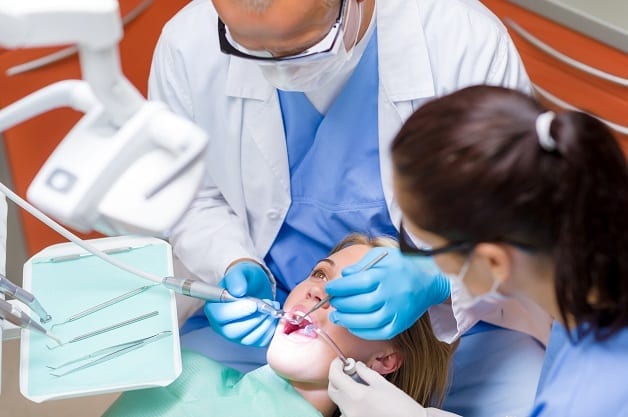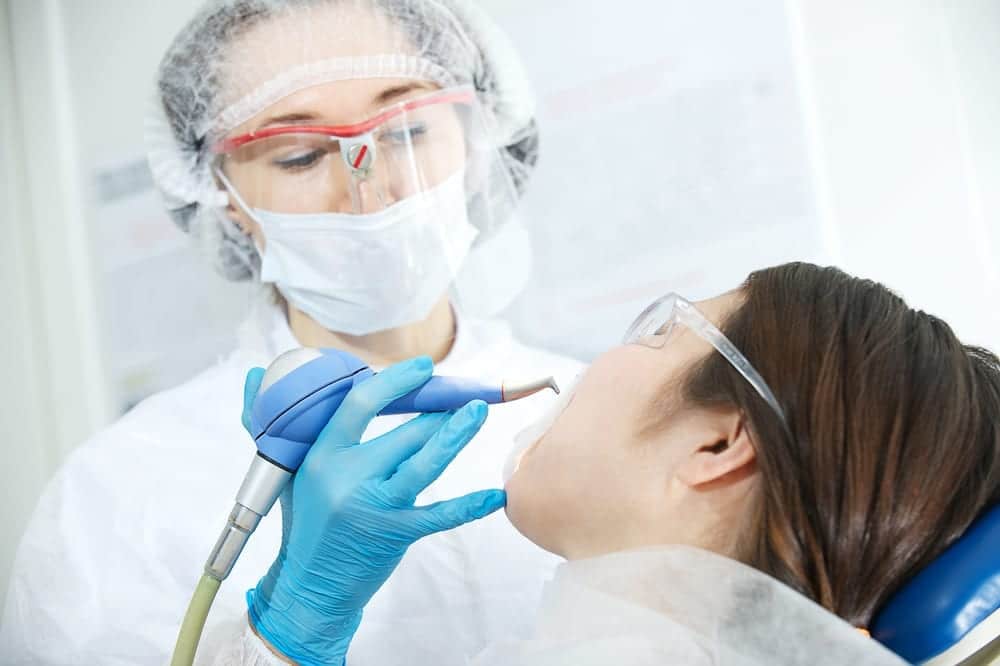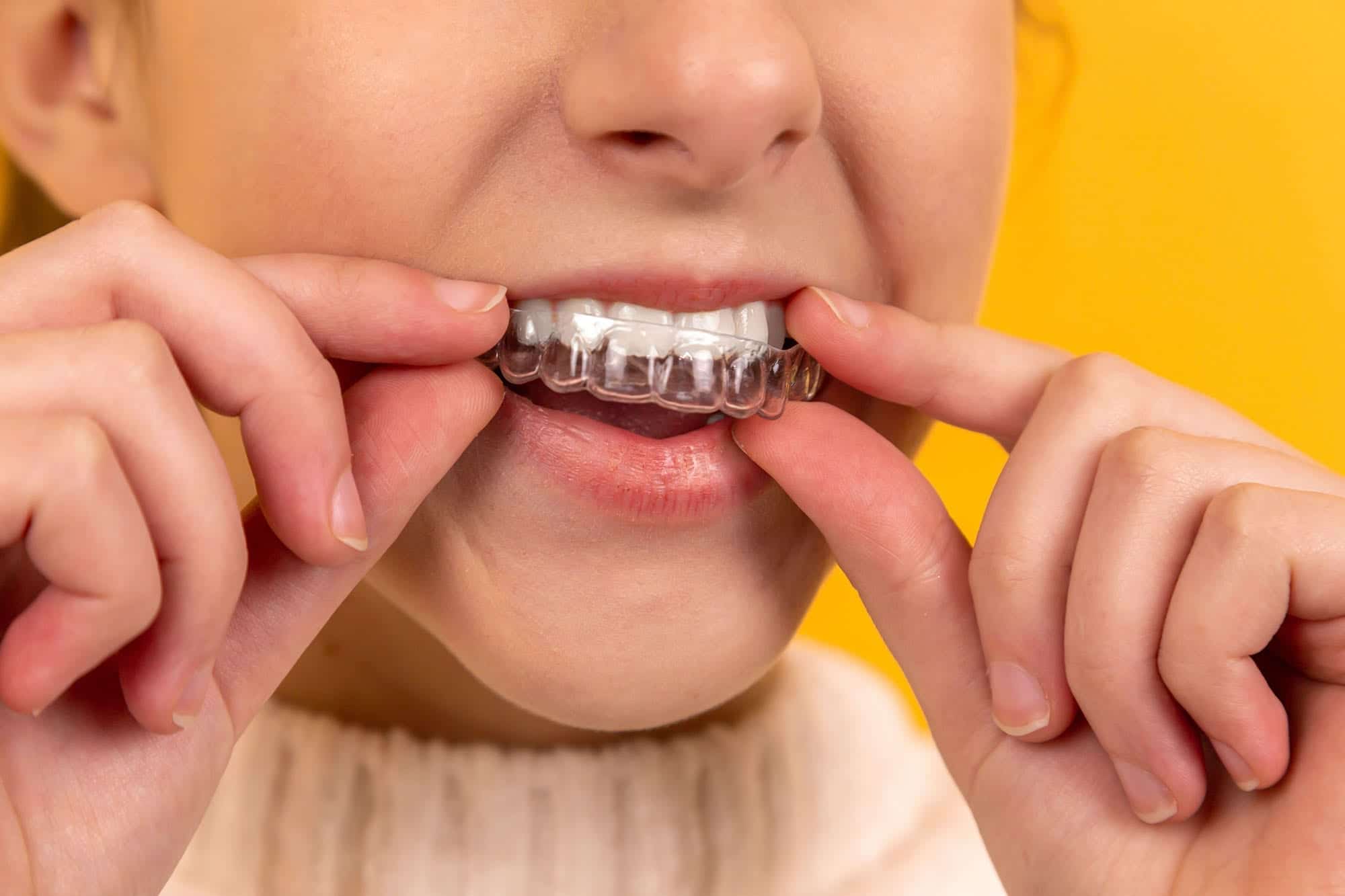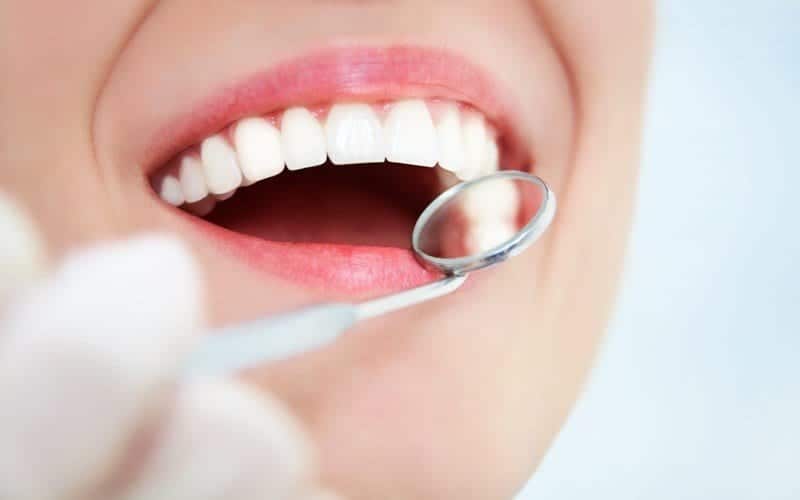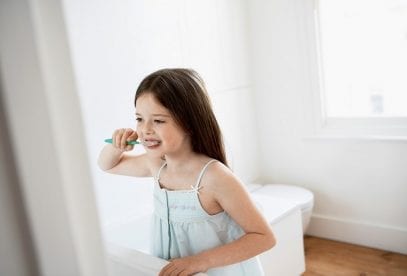The overall health of your children is influenced by how healthy their teeth are. Their milk teeth, temporary as they may be, help your child talk and eat. Strong oral care should be established from a young age so that when all their primary teeth fall off and are replaced with permanent ones, they’ll be ready to better take care of these irreplaceable natural teeth when they’re adults.
Poor oral care doesn’t only lead to milk teeth falling off earlier than normal. They can also lead to teeth issues like disease, infection, and even gingivitis. Strong oral care helps your child end up with good dental habits as he grows up.
How Do I Help My Children Care for Their Teeth and Prevent Cavities?
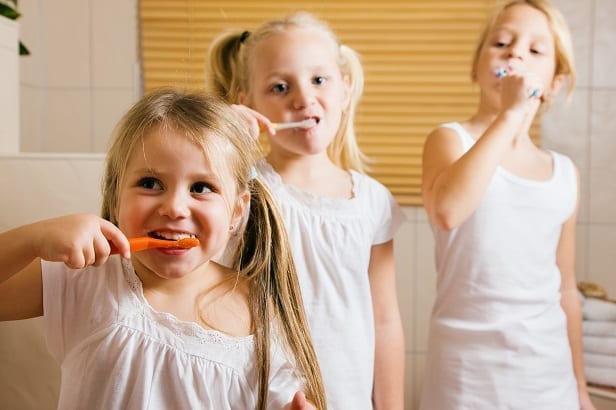
Keep your child from ending up with dental caries or tooth decay by teaching him proper oral care early on. Prevent those cavities from happening and keep his smile as healthy as possible. Help make dental hygiene become more fun and habit-forming for your child with these following tips below.
- Brushing The Teeth or Mouth of a Baby: Tooth brushing is essential from the start. Even if it’s a single tooth, the kid should have it brushed by you initially and as he grows he should learn to brush his tooth or teeth by himself. Most babies will end up with their first tooth from the ages of 4 months to 7 months old. Even before his first tooth erupts into view, you brush his gums at first. There are baby-specific small toothbrushes available for the job. Otherwise, you can clean that mouth with a soft and unsoiled washcloth.
- Getting Your Kid’s First Dental Checkup: On your child’s first birthday, when he’s 1-year-old, he should go see a dentist. It doesn’t have to be on his exact birthday but around a few weeks or months after he celebrates the occasion. Early preventive care by having a dentist take a look at your kid’s oral healthiness can save you money and headaches in the long term. According to a CDC report on the subject, early dental care and checkups make sense because dental care costs are 40 percent lower over a 5-yeer period for children who see a dentist by age 5 or lower.
- Teach Your Kid Good Dental Habits: Once your baby’s first set of teeth do appear, they should be brushed at least twice daily. Use the aforementioned infant toothpaste plus fluoridated toothpaste to get the job done. Once your child ends up with his first twin set of teeth touching each other, then that’s when you should start flossing them. Ask your dentist about the proper schedules and techniques when it comes to flossing the teeth of a child. Don’t forget to brush and floss before baby’s bedtime. Afterwards, don’t give your child food or drink except water until the morning after.
- The Dangers of Tooth Decay: Your child’s milk or baby teeth, also known as primary teeth, are important. These teeth hold space for your kid’s adult or permanent teeth. They should therefore be taken care of carefully. Just because they’re supposed to fall of eventually doesn’t mean you should feed your children candy and other junk food without any regard for their dental health until they’re permanent teeth start emerging.
Most importantly, taking care of your child’s milk teeth will protect him from tooth cavities and decay. Tooth decay can cause the following things to happen.
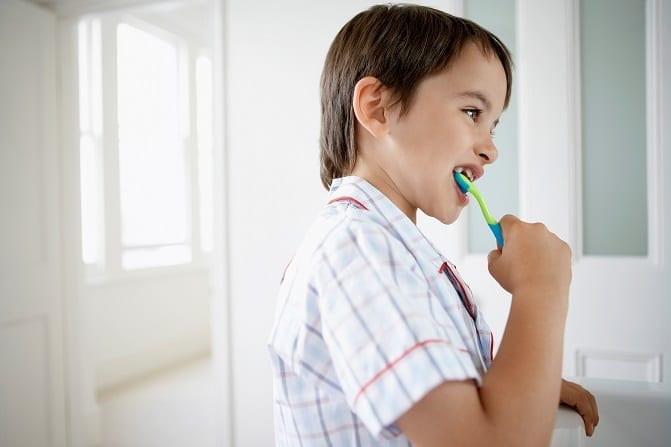
- Oral pain for your child.
- Headaches and migraines.
- Difficulty in chewing and swallowing.
- Embarrassment whenever your kid smiles or talks.
- Future issues with your offspring’s permanent teeth.
Extra care must be observed when maintaining the healthiness of a baby’s baby teeth. If your family have cavities, then it’s likely they can pass such bacteria to their children, whether they’re infants or even unborn babies. A child has greater risk for developing tooth decay and cavities if they have the following symptoms or circumstances.
- Ongoing special healthcare needs.
- White or brown spots on their teeth.
- They’re unable or neglect to go to their dentist.
- They’re born prematurely or early or have low birth weight.
Put Your Foot Down in Regards to Brushing, Flossing, and Rinsing
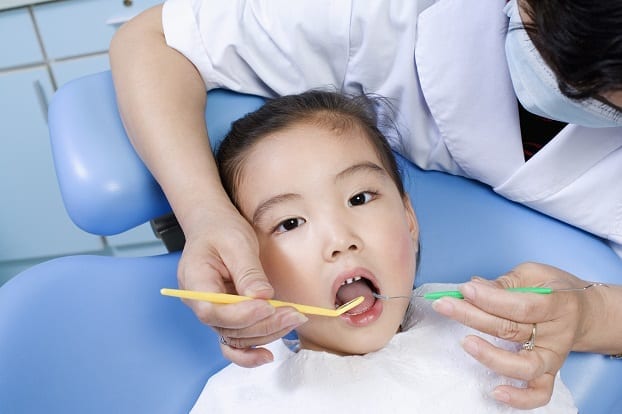
Once your kid is old enough to brush his teeth, floss in between his teeth, and rinse his mouth, he might end up lacking the motivation and willingness to do all that on his own. He might see it as a chore he can forego at a whim. Don’t let your kid put up a fuss when it comes to brushing, flossing, and rinsing. Don’t let him off the hook or boss you around. Instill and ingrain in him the importance of brushing. He doesn’t have a say on the matter.
Your kid can start brushing on his own without grownup assistance at around 2 to 3 years of age. In regards to the tips when it comes to coaxing your reluctant child when it comes to forming dependable dental hygiene habits, here are the things you can do about it:
- Develop Patience: Your child might not be prepared yet to do things on his own up until he’s 6 years old. It can even take up until he’s 10 years old to perfect their skills at flossing. Be patient with your child.
- Use a Timer: You can also use a timer to ensure your kid has brushed their teeth for 2 minutes straight. They should be through in brushing every single nook and cranny. You can even play their favorite 2-minute song to help them keep track of the time.
- Let Your Child Choose the Toothpaste: Kids who are 5 years old or older should be able to pick their own toothpaste, like bubblegum-flavored ones or ones with superhero packaging on them, as long as they’re options you approve yourself.
- Let Your Child Choose the Toothbrush: A child will also feel more in control when you allow them to pick toothbrushes containing their favorite mascot, superhero, or television character.
- Start the Regimen Early: Don’t wait until it’s late in the day to remind your child to brush his teeth. If he’s tired then the amount of cooperation you can get out of him when brushing, flossing, and rinsing might be limited. Have him brush before it’s too close to his bedtime.
- Read Related Books or Watch Related Videos: You can watch a video or read books with your child talking about the importance of dental hygiene. Some of these programs even include puppets or mascots your kids will adore.
- Motivate the Child to Brush and Floss: Motivate your child to brush, floss, and rinse by turning it into a game. Have a reward system for gold star stickers on a chart. Turn it into a group activity even. Kids are likelier to learn something if they join in a group or see the grownups brushing.
- Warning in Regards to the Reward System: It’s probably a bad idea to give your child food or sugary treats every time they brush their teeth. For one thing, they just brushed their teeth. For another thing, it defeats the purpose of instilling this habit into them. Give them apple slices or praise instead.
- Plan a Fun Activity After Your Child’s Dentist Checkup: You probably shouldn’t give your child ice cream unless he went to the dentist to remove a decayed milk tooth or two. However, a fun activity rewarding him for finishing up the dreadful dentist visit can help motivate him to do more checkups. Get him to a carnival or watch a movie with him. Make the dental visit rewarding for him after he goes through with it.
In Summary
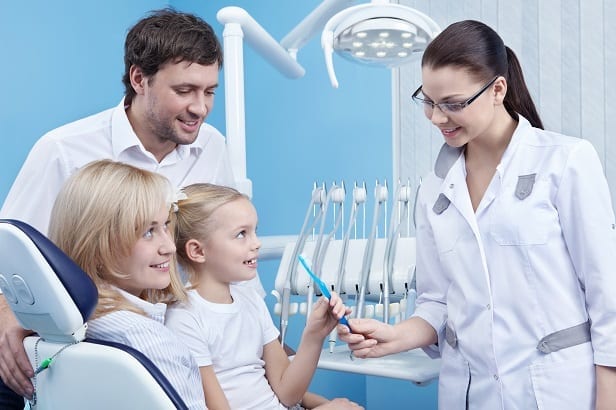
Even though children have milk or primary teeth that are ultimately temporary and will end up falling to make way for the bigger and sturdier permanent teeth, that doesn’t mean they shouldn’t take care of their oral health. It’s important for them to instill in them the value of dental hygiene at an early age so that once their practice run teeth fall off, they’ll be prepared to take care of their permanent teeth that are quite frankly even harder to replace once they lose those that too.
Thantakit International Dental Center is Thailand’s longest established dental center. Situated in Bangkok, our clinic is renowned across the world as a destination for world-class dentistry, with most of our patients flying to us from Australia.
Please contact us today and get a FREE dental consultation.



